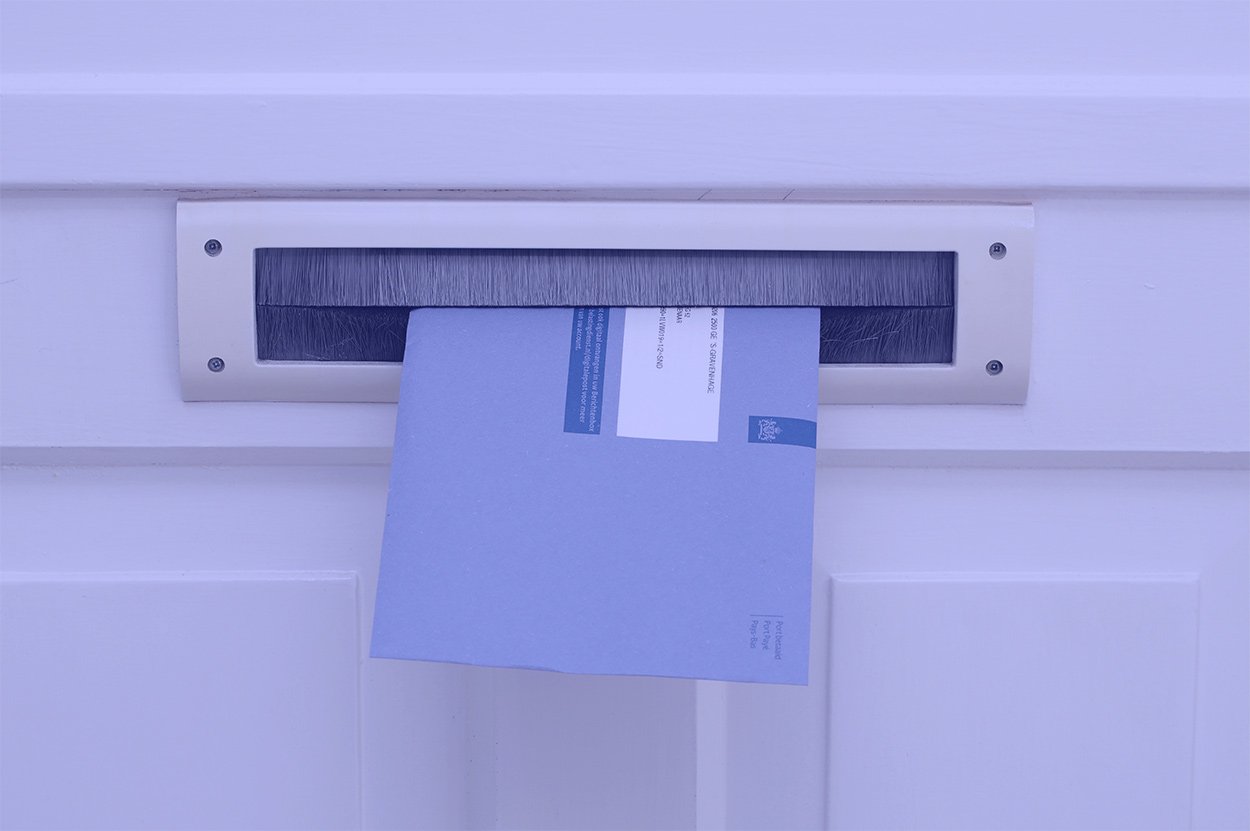Apr 6, 20233 min Reading time
Last year, the Dutch government collected a total of €365.5 billion in taxes and premiums, which amounts to an average of just over €1 billion per day. These tax revenues consist not only of VAT, income tax and payroll tax, but also of excise duty and energy tax, for example.
Some exceptions
Chief economist Peter Hein van Mulligen of Statistics Netherlands (CBS) says that this total amount comes from consumers and companies. Almost all tax revenues were higher last year than the year before, except for a few exceptions such as energy taxes.
This tax was temporarily reduced by the government due to high energy prices, which resulted in a significant drop in the total revenue from this tax from 3.9 billion euros in 2020 to less than 0.5 billion euros last year, Nu.nl writes. .
Excise duties
Excise tax revenues also fell last year, despite the fact that they had risen just after the pandemic. According to Van Mulligen, this has to do with a government measure, namely the reduction in excise duties on fuel that was implemented on April 1 of last year.
This has led to a decrease of almost 800 million euros in excise tax revenues, mainly due to lower revenues from excise duties on petrol and diesel. On the other hand, revenues from excise duties on tobacco have not decreased, which implies that less tobacco has been sold, according to Nu.nl.
